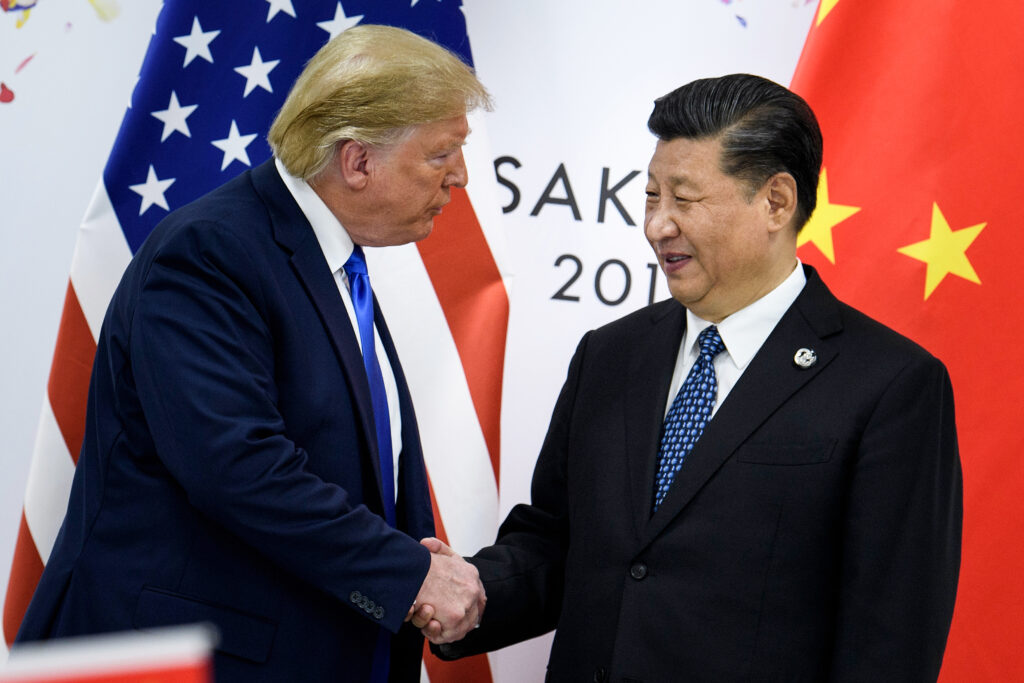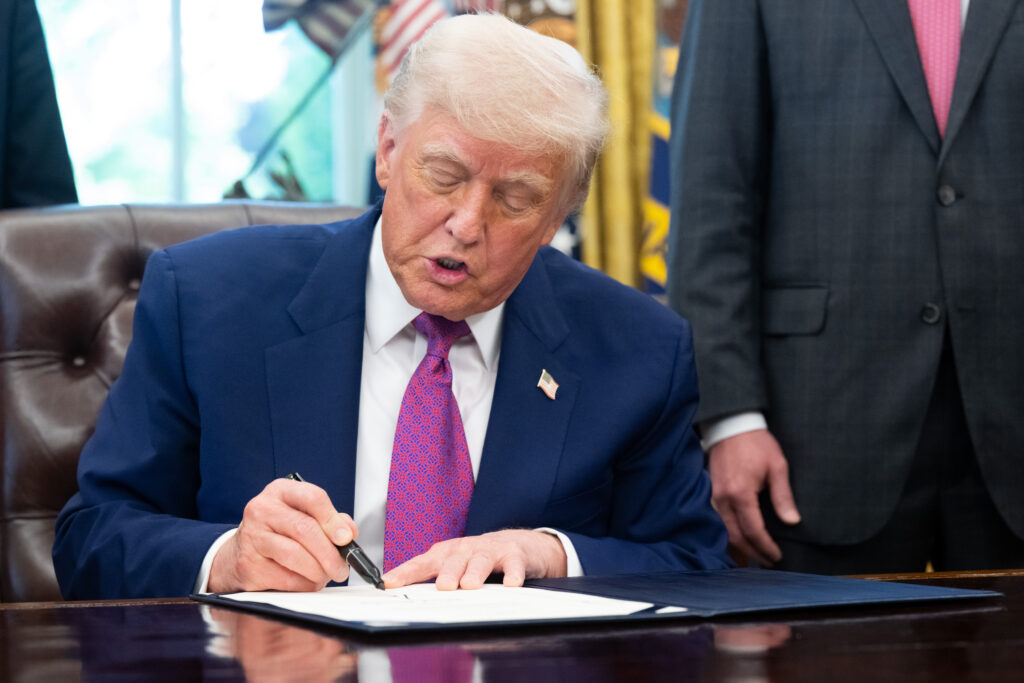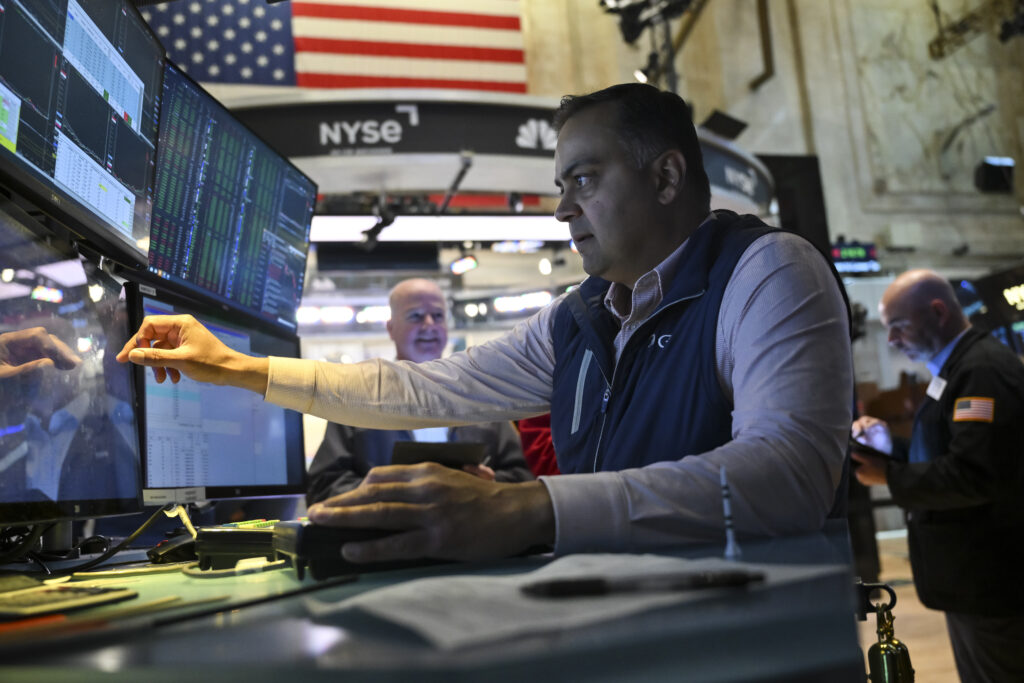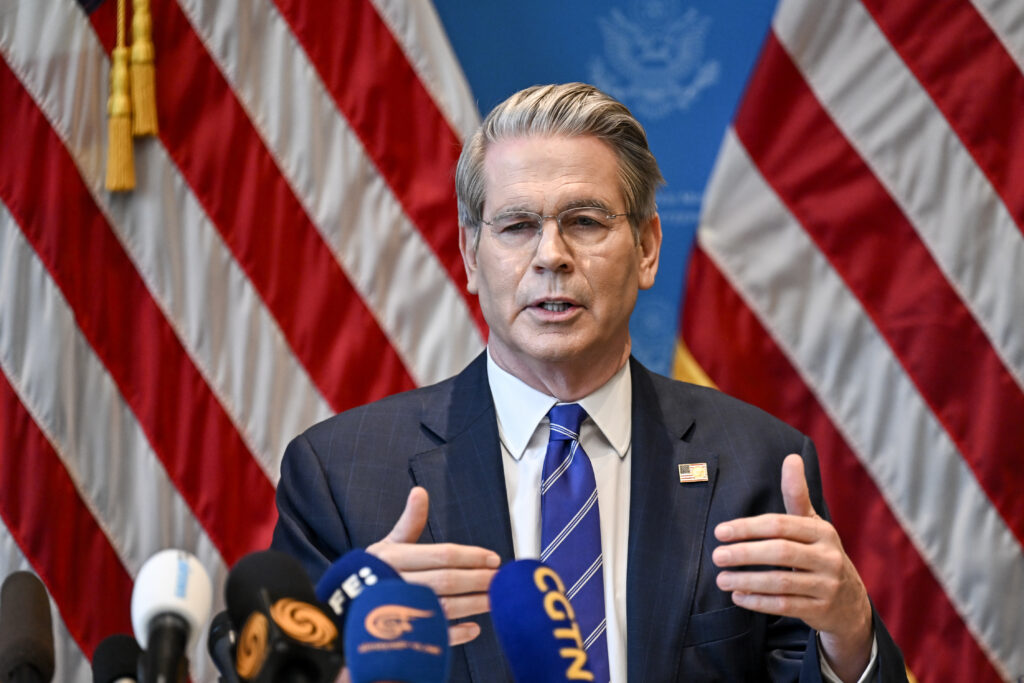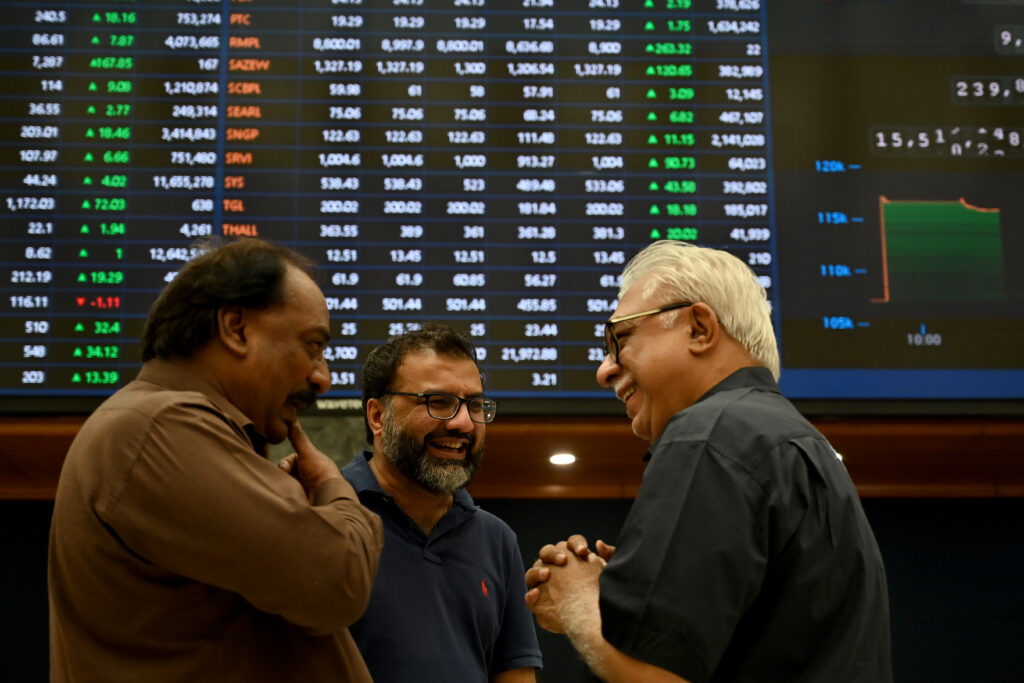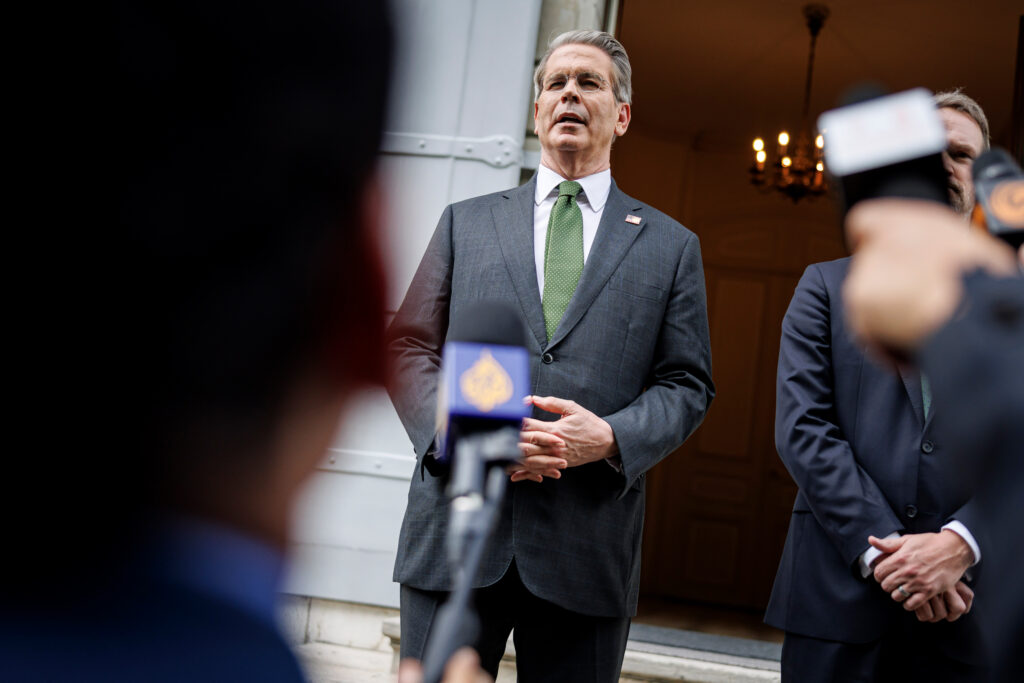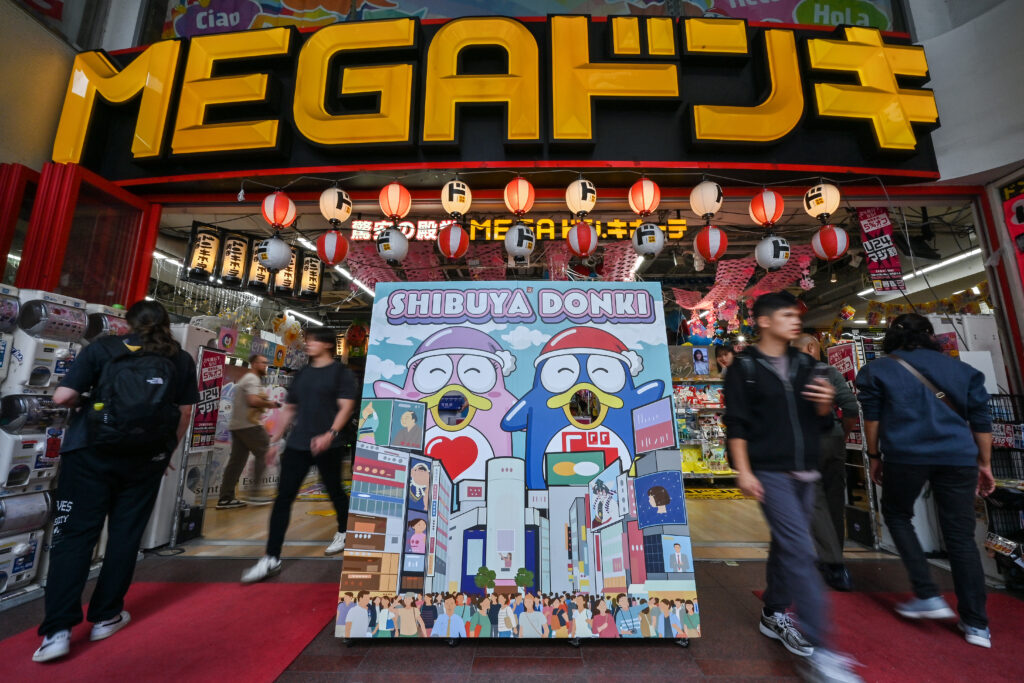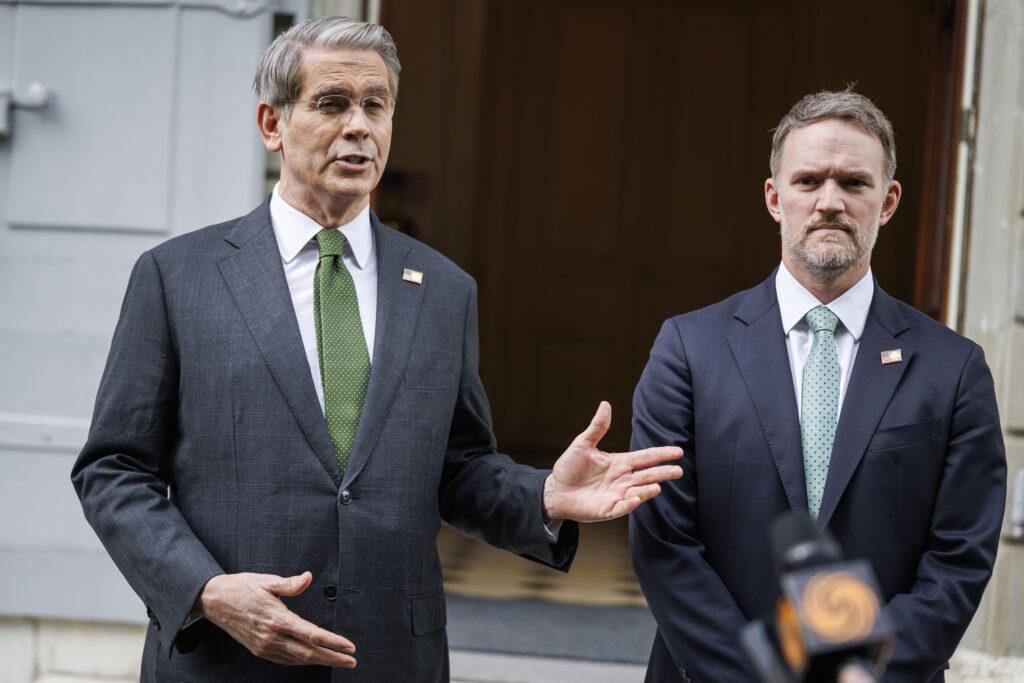Honda forecasts 70% net profit drop citing ‘tariff impact’
Japan’s Honda Motor on Tuesday forecast a 70 percent drop in net profit for the 2025-26 financial year as US trade tariffs weigh on the global auto industry.The announcement comes after rival Toyota, the world’s top-selling carmaker, predicted a 35 percent year-on-year drop in annual net profit because of the levies and other factors.Honda said it expected net profit of 250 billion yen ($1.7 billion) in the 12 months to March 2026.”Tariff impact and recovery efforts” will have a negative effect on operating profit, it warned, estimating they will cost the company around 450 billion yen over the year.In an attempt to rev up the US auto industry, President Donald Trump last month imposed a 25 percent toll on imported vehicles, dealing a major blow to Japanese carmakers.”The impact of tariff policies in various countries on our business has been very significant, and frequent revisions are being made, making it difficult to formulate an outlook,” CEO Toshihiro Mibe told reporters Tuesday.Mibe said Honda would examine the impact of US tariffs on supply chains and “carefully” make any decisions on pricing changes.Honda, Japan’s second-biggest automaker after Toyota, logged net profit of 835 billion yen in the past financial year, a drop of almost 25 percent on-year and well short of its February forecast of 950 billion yen. “Our automobile business experienced a decline in sales volume mainly in China and the ASEAN region” in Southeast Asia, Mibe said. It was also “impacted by increased incentives for EV sales in North America”, although “hybrid vehicle sales expanded”.But Honda may still have a better chance of weathering Trump’s tariff onslaught than its competitors in Japan, analysts said.Late last month Trump softened the auto tariffs by signing an executive order to limit the impact of overlapping levies on carmakers.He also said he would give the industry a two-year grace period to move supply chains back to the United States.This is good news for Honda, which builds more than 60 percent of the vehicles it sells in the United States in the country.That is “the highest percentage” of all major Japanese automakers, Bloomberg Intelligence auto analyst Tatsuo Yoshida told AFP ahead of the results. That means the impact from tariffs will be “comparatively smaller for Honda”, he added.Also on Tuesday, Honda said it would postpone by two years a project announced last month to establish an electric vehicle supply chain in Canada.The postponement was due to “flagging EV demand”, with the resumption of the project possible depending on how market trends develop, the company said.

